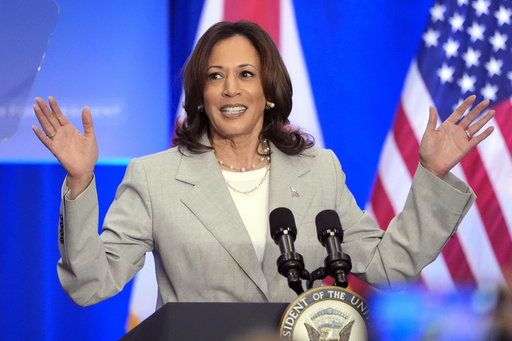Vice President Kamala Harris has gained attention as a potential leader of the Democratic Party should President Joe Biden decide not to continue his reelection campaign. Speculation arises about the fate of the $91 million cash on hand in the campaign’s coffers. The campaign, along with allied Democratic groups, currently has access to a combined $240 million in cash.
If Biden were to drop out, Harris could potentially inherit the campaign funds, as their joint account with the Federal Election Commission allows for such a transfer. However, donors requesting refunds in the event of a candidate switch would need approval from the campaign, as donors effectively relinquish control over their contributions once made.
Legal experts suggest that unhappy donors seeking recourse through legal action are unlikely to succeed, as campaign funds are generally at the discretion of the campaign within legal boundaries. In the scenario where neither Biden nor Harris becomes the nominee, donations designated for the primary election would remain with the campaign, following FEC guidelines.
Regarding the possibility of converting the campaign account into a Political Action Committee (PAC), it is feasible, but the effectiveness of such a move may be limited. Should both Biden and Harris exit the race or not secure the nomination, converting the funds to a super PAC or party funds is an option. However, such transfers would primarily be restricted to independent expenditures, potentially less impactful than candidate-driven spending.
Additionally, the funds could be directed towards supporting Democratic House and Senate candidates, future party activities, or charitable causes aligned with the candidates’ values. According to experts, converting the funds to a PAC would impose limitations on the amount transferable to a new candidate’s campaign. Ultimately, the fate of the substantial campaign funds lies in various potential avenues, including the support of future Democratic candidates or philanthropic endeavors.


